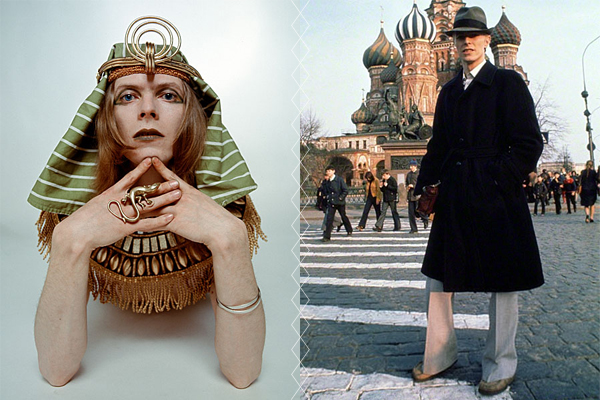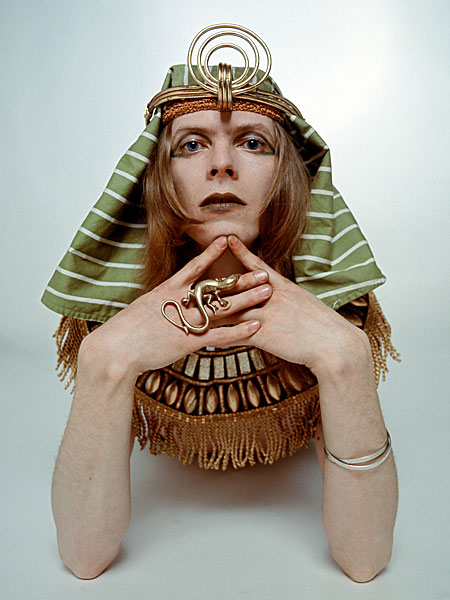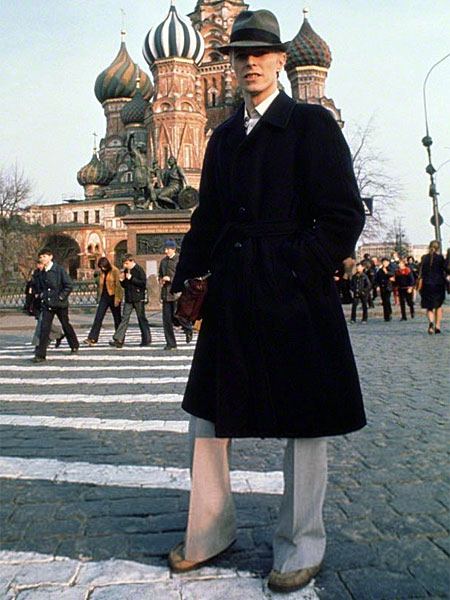Ask any music geek: David Bowie has been around since forever. He’s been in the music business since 1964 — in terms of pop culture, even 15 years is ancient time, let alone 40. This extraordinary creature has a thing or two to teach us about life, changing, choices, and everything in between.
1. A slow approach to travel is inspiring.
Did you know that Bowie always chooses to travel by land or sea and has been doing so since at least the ’60s? In the mid-’60s, a trip from Japan to England by sea and train, crossing the Soviet, block inspired him to compose the dystopian Diamond Dogs album and consequential tour.
Planes are only the fastest option. Try traveling by ship, train, even bus or car. Not as a means of saving money, but as an immersive and contemplative experience, to see the world around you, taking the time to think.


